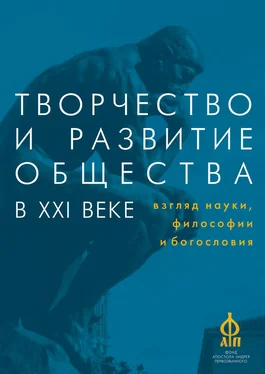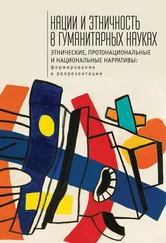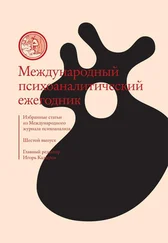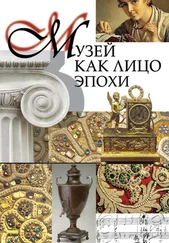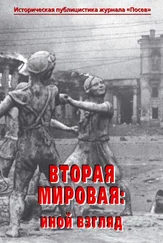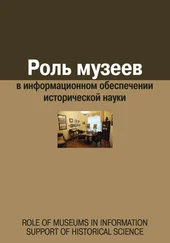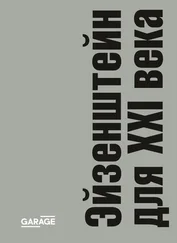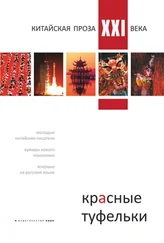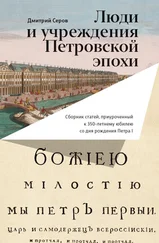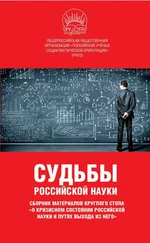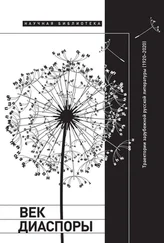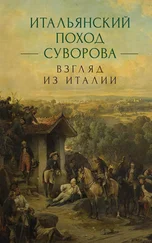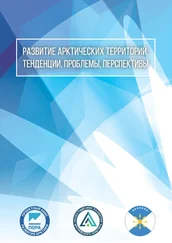Keywords: mechanization of consciousness, spiritual freedom, freedom of creativity, morals, passions, sin, deification, meaning of life, morality, spiritual upbringing of personality.
Pavlenko Andrey N., The Creativity and “Kreatisms”
In this paper historical, linguistic and conceptual backgrounds of “the creativity” and its otherness to the phenomenon of “the origination” are considered. It is pointed out that the cause of the modern demand for “the creativity” represents the domination of technical relationship of the Human being to the world. “The Imitation of Nature” (organic-projection) gives a way to “Redesigning of Nature” on the patterns of the “creative activism”. It is shown that on the basis of “creativity” lies the Judeo-Chris-tian model “Creation” of the world from “nothing” (creatio ex nihilo), while the phenomenon of “the origination” is based on a genetic model, in which the main mechanism is the “procreation’ from the already existed base. It is shown that the “creative activist”, depending on the tasks standing before it, appears as a “simulator”, “innovator” and “profanator”. The author reveales three absurdities (“kreatisms”), resulting in the reduction of “creativity” to “origination”.
Keywords: creativity, kreatism, creative activism, origination, Plato, heterological, autological, simulator, innovator, profanator.
Pavlenko Andrey N., The Constriction of Modern Theory in Physics and Cosmology and its Specifics
The article analyzes the current relationship between “theory” and “experience”. It is shown that in the modern physical and cosmological knowledge such notion as “theory” is no longer a simple generalization of the “experience”. It will demand rethinking of such notion as “the existence of objects”. That strategy of positivism, which involves a strong relationship between the physical observability (O) and physical existence ( Е ) ∀ x (O (x) ↔ E (x)) – no longer meets the requirements of modern knowledge. There is a weakening of equivalence to the conjunction ∃ x (¬O (x) & E (x)). “Autonomy” of analytic truth with regard to the empirical truth is illustrated by the example of physical and logical theories.
Keywords: observability, existence, the principle of observability, object, physics, cosmology.
Pervushin Victor N., D.l. Blokhintsev about the Spiritual Foundations of Scientific Creativity
The Corresponding Member of the USSR AS Dmitrii Ivanovich Blokhintsev (10.01.1908 – 29.01.1979), one of the pioneers of atomic science and technology in USSR, the organizer and the first director of the Joint Institute for Nuclear Research in Dubna, had his original opinions about the spiritual foundations of scientific creativity. In this brief paper we try to pay tribute to his opin-ions and show how they are working in the modern physics and cosmology of the Early Universe.
Keywords: General Relativity, Cosmology, QFT.
Rastorguev Valeriy N., State Ideology and Sovereignty: Creativity and Objectivation, Confessional-Civilizational Dimension
Ideology represents a specific type of project thinking with an expressed function of obliga-tion. Hence ideology can either intensify the creative potential of man and society, or it can suppress it through “brainwashing”. Ideology may be defined as a system of ideas that gives shape to project formation and sets up the image of a desired outcome. Ideology in the article is basically related with political teachings and doctrines, with their impact on mass consciousness and their turning into “secular religion”. Political ideologies supplant religious doctrines (predominantly Christian) and are therefore opposed to tradition and spiritual-moral culture of humanity simultaneously parasitizing on them. Radicalism of civilizational transformations in modern Europe revived most radical and inhuman “banned ideologies”. Political ideology should be distinguished from state ideology that is from strategy. Ideologies should not supplant and substitute life. They are the human punishment for imperfect political structure of the world.
Keywords: civilizational identity, hierarchy of values, supra-personal space, religion, religious consciousness, public relations, social doctrines, masses, conservatism, liberalism, globalization, indoctrination, J. Habermas, K. Mannheim, A.S. Panarin.
Shcheglov Andrey P., Form and Sense of Creativity
Research about a form and the nature of creativity is presented in this article. There are two main directions in research and understanding of art. The first of them can be defined conditionally as stay something inherent in a subject, but not known at the moment to the researcher. Other way of creativity can be designated not only as search, opening, but also process of creation. In the first case of people only opens new, in the second the person appears already as the creator. In the first case creativity is limited only to human perception; in the second it is capable to comprehend essence of life behind a material, unstable cover. In a difference of these intrinsic values the insupera-ble contradiction between them, difference in understanding of process of creativity lies.
Keywords: art, creativity, Logos, God Word, life, modern art, infinity, eternity, identity, es-sence, thinking, center of life, event.
Sukhinov Sergey S., The Role of Contemporary Literature for Children in Forming Creative Potential and Spiritual Moral Values of the Growing Generation of Russia
The paper describes practical experience of the author – children’s writer and public figure for the development of creative abilities of children and inoculation of interest to literature in vari-ous forms: through literary associations, “Emerald town” club, “Literature fire circles”, festivals, competitions, quizzes, etc. The author gives his considerations on the need for a new children’s or-ganization, necessity of patriotic and moral upbringing for the growing generation, in particular to prevent the “brain drain”. He discusses problems of various contemporary writing genres: (fairy tales, novels, science fiction) popular science and fiction as well as the demand for historical novels telling adolescents about rich national history religious and Orthodox tradition.
Keywords: Russian school-children movement, “Rossyouth”, pioneer organization, ideology, patriotism, culture, Nobel prize laureates, emigration, K. Chukovsky, S. Mikhalkov, trilogy “Treasure and Cross”.
Tabiev Vadim I., The Role of Creativity in the Spiritual Life According to Archiman-drite Sophrony (Sakharov)
The paper considers the theological views on creativity, expressed by a theologian and as-cetic writer of the 20th century – archimandrite Sophrony (Sakharov). Creativity is presented as the unique phenomenon in life and one of the highest manifestations of the human spirit, which is real-ized both in culture, in prayer and theology. Original disclosure of creative abilities of a person is possible only in correlation with God. A practical way of such correlation and the highest form of spiritual creativity is the prayer experienced as direct communication of the person with God.
Keywords: creativity, theology, prayer.
Vladimir (Maslov), Hegumen, “Thus Creating All New”(Revel. 21:5): On Creativity in Science, Theology and Everyday Life
The article looks into creativity in science, theology and daily life. Finality of Christian dogmatic doesn’t necessarily lead to ceasing of human creativity. We observe the special flourishing of art, culture and science especially in Christian countries. There is a possibility for creative breakthrough also in theology. Trying to learn about the world a scholar makes discoveries and the believer receives revelation from the Creator of this world. Both stem from the same given: of this world and of the Revelation. When specific thing have to be resolved, two approaches are open: by determination of will and creative. In the first case, man knows what and how things should be done. In the second case, decision should be found, the way of acting should be created and apart from knowledge and strength one needs creed, which represents capacity of person to be a partici-pant of creative processes, in other words, – to be co-creator. Wishing to become a creator, man should be creative along the Creator’s Designs. Understanding and implementing these designs – is the creative activity. Therefore creativity fills up religious life and makes it alive.
Читать дальше
Конец ознакомительного отрывка
Купить книгу
